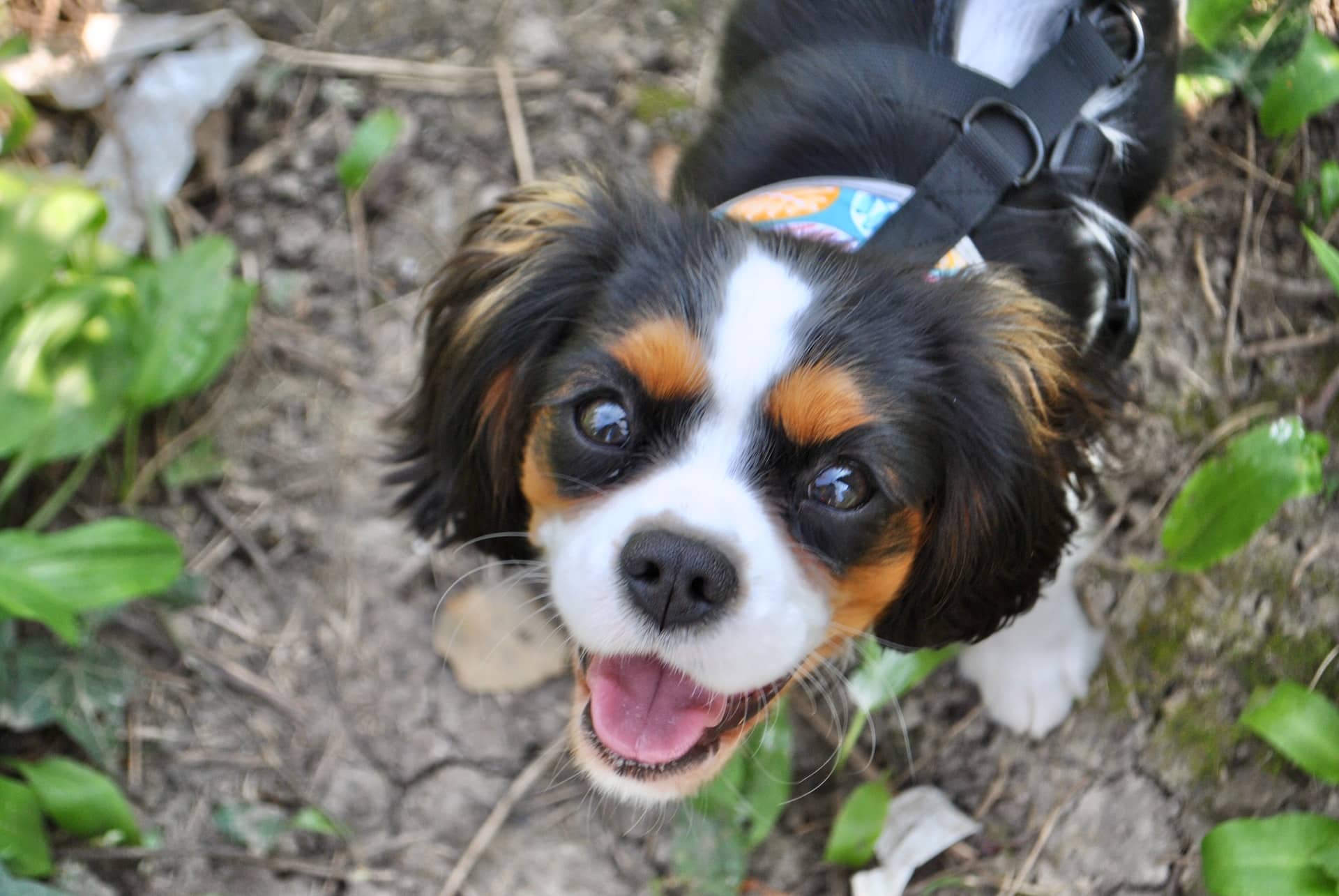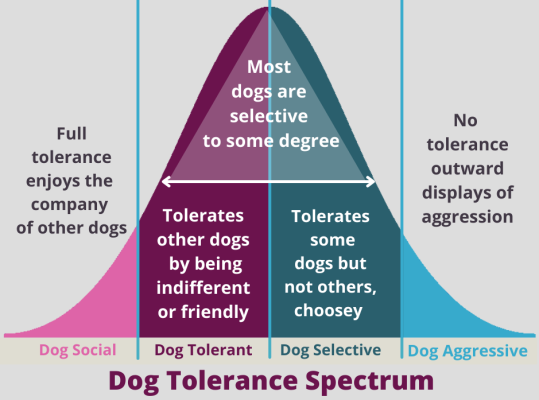Doggy Daycare Myths
Is dog daycare right for your dog?
How do you rate your dog daycare provider? Do you measure them on their ability to tire your pooch out every day? Or perhaps you love them for the constant stream of pictures they upload to instagram, after all it’s great to see your pup having constant fun, isn’t it?
The reality of what dog owners expect from doggy daycare and what is actually best for your dog can be worlds apart.
We look at some of the dog daycare myths and what doggy daycare should and shouldn’t be about.

Can daycare help with socialisation?
It sounds reasonable that attending a daycare environment helps dogs to be more sociable. But dog socialisation is many things – from sniffing each other politely on lead during a walk, to running wild in a field for hours. Yet one is controlled and sets boundaries, while the other may be setting up some bad habits and even encourage undesired behaviour.
Good socialisation ‘should’ continue in daycare but it starts at home with the Owner, with short, managed interactions that teach your pup boundaries. While we all want our dogs to get on well with other dogs and humans, if not carried out correctly it can lead to mental and emotional over stimulation and end up with dogs reacting inappropriately when they’ve had enough ‘fun’, but no one is switching off.
It’s fair to say that most dogs do start life as super social beings and as owners we feel like we have failed if they don’t stay that way, but as our companions mature, tolerance levels change – just as they do for humans.
Puppies tend to move from dog-social, and mature as dog-tolerant or dog-selective.
With all of this in mind, daycare should ideally be reserved for when you can’t be there, to ensure your pup is safe and cared for in your absence. If you don’t actually need daycare, an alternative way to support good socialisation is to use a dog walker that offers small sociable walking groups. Your dog then learns to bond with another human, a small set of familiar dogs and the general public and their own dogs, in short bursts. The video below explains more about the four levels of dog tolerance.
Acknowledgement to BADRAP for the use of their video
Can daycare help resolve behavioural issues?
Many times over, owners have enquired about daycare in the hope that their fear aggressive or dog aggressive pooch will be cured, once they’re thrown in the mix. If you think about it, it’s a bit like throwing a socially anxious person in the middle of a huge crowd and expecting them to be cured of all worries and fears by the end of the day!
Some dogs absolutely love daycare while others have behavioural challenges that are made worse by forcing them to be in a setting with dogs they just don’t want to be around. It’s tiring for a fearful dog to have to keep one eye open all the time because it’s not comfortable in it’s environment. And equally, the pressure on the daycare provider to ensure that dog is comfortable, while keeping unsuspecting ‘friendly’ dogs safe from a warning snap, is immense.
Rescue dogs can be especially vulnerable if they’ve had to fight for resources like food, beds or space in the past, so it’s important not to rush them or expect miracles. If a dog is comfortable and happy in their own home, they may not need a busy daycare just for company. As long as they have access to an outdoor space for toilet breaks, food, water and a good walk, they may be more happier at home. Like humans, not all dogs crave company.
Fearful, aggressive or stressed dogs should be given time and space to work through their fears and often a behaviourist can help you to decide if and when a dog is ready to venture into a small friendly daycare environment.
Daycare may be an option where dogs display destructive behaviours at home due to boredom or separation anxiety, but the root of the problem still needs to be addressed. Bear in mind that home boarders won’t appreciate a chewed sofa or rug either, so you should be upfront about these behaviours!
Is a tired dog, a happy dog?
Many owners love the idea of their dog playing with their buddies all day while they have to go to work. After all, if you have to leave them for the day, you’ll feel better knowing they are running free and living life to the fullest, right?
It figures then that your dog has had THE best day if they’re so pooped they can’t even eat dinner, let alone bother to steal your slippers or your seat in front of the telly after you’ve collected them from daycare.
Hmmm, well actually, that’s probably not the best sign of a good day at daycare.
Did you know that dogs need up to 16 hours a day of sleep! I know, right?? Some puppies may need as much as 20 hours a day while fully grown dogs often get as many as 12 to 14 hours of sleep each day. In addition, as much as 30% of the day may be used just mooching or resting. When you put it into perspective, a day of ‘zoomies’ is great for a special day out with you on a long walk once in a while, but it’s not normal behaviour for our pooches. To expect this every day for them is creating a dog that is over stimulated and likely to struggle to relax.
Daycare’s should give your pup the opportunity for significant rest every day as well as their daily walk in the fresh air. Focused down time is just as important as play and walks for well balanced dogs.
Talk to your daycare provider about what you want to get out of your daycare service and make sure it meets your needs and expectations.
Who is eWoof?
eWoof offers 5 star rated licensed and insured dog daycare & boarding, as well as local dog walking services.
We are based in Flackwell Heath, High Wycombe.
If you’re unsure whether your dog is suitable for a home daycare environment, we’d be happy to discuss this further with you. If we aren’t a good fit for you, we’d be happy to recommend a licensed provider through our network or recommend a behaviourist for dogs that need a little more specialised support.
eWoof is also an established dog walker and serves the local areas of Bourne End, Wooburn Green, Pine Trees (Daws Hill), Abbey Barn Park and of course, Flackwell Heath.

